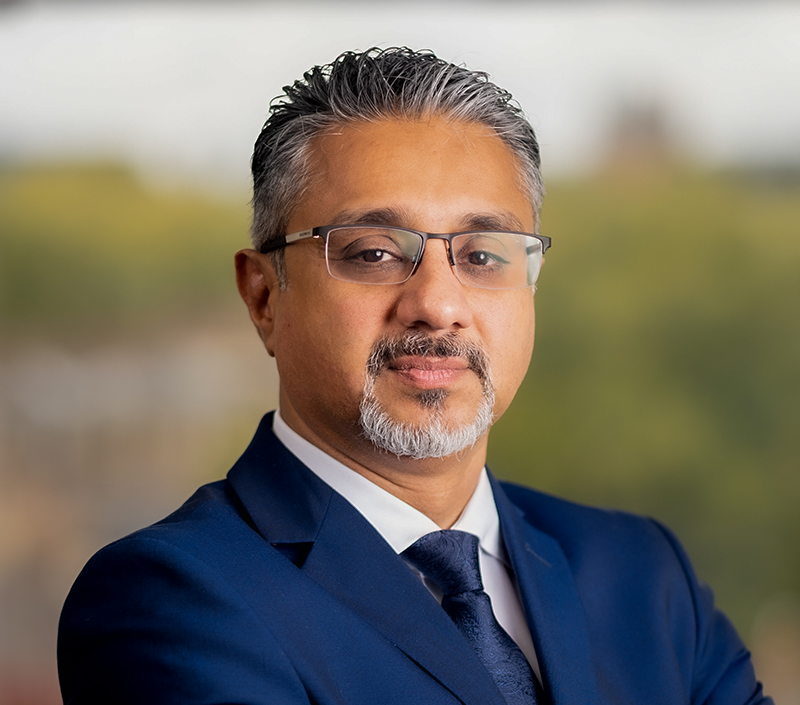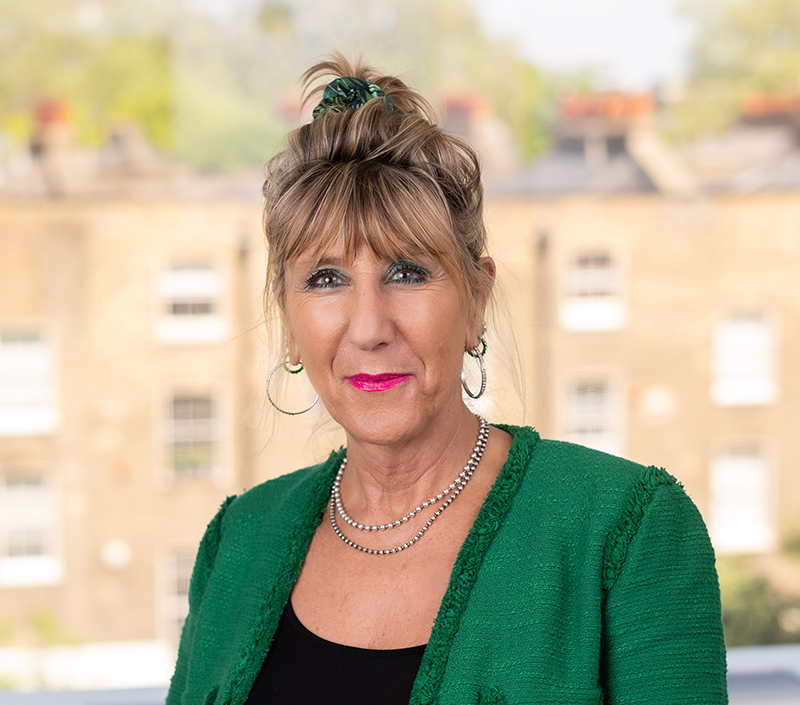Our experienced team of criminal defence lawyers are able to provide high-quality advice and legal representation to those facing criminal allegations of dishonesty.
Dishonesty is the principal ingredient of a number of criminal offences. These offences may arise in a variety of scenarios ranging from straightforward, low-value theft to large scale, complex business transactions.
Our specialist team of lawyers are able to help and advise on the full spectrum of dishonesty offences including offences such as:
- Theft
- False accounting
- Offences under the Fraud Act 2006
- Fraud by false representation
- Fraud by failing to disclose
- Fraud by abuse of position
- Dishonestly obtaining services
- Conspiracy to defraud
- Handling stolen goods
- Robbery
- Burglary
Smaller-scale or simple cases are usually dealt with by the police and the Crown Prosecution Service (CPS). More serious or complex cases may be investigated and prosecuted by a range of organisations including specialist fraud investigators/prosecutors and regulators such as the Serious Fraud Office, the Financial Conduct Authority, National Crime Agency, HM Revenue & Customs regional police fraud squads, City of London Police, local authorities, or private prosecutors.
When crimes of dishonesty are investigated or prosecuted, other overlapping offences such as money laundering, bribery and corruption, or Companies Act offences may also be considered. Related proceedings may also be brought including restraint, cash seizure, and confiscation proceedings.
Our team of criminal defence lawyers are experts in advising on dishonesty offences from the outset at the pre-investigation or investigation stage and if necessary, beyond. Our solicitors are committed to minimising the impact of any investigation, developing a clear case strategy and protecting the privacy of our clients.
Frequently asked questions
What is the test for dishonesty?
The Supreme Court in Ivey v Genting Casinos [2018] 2 All ER 406 and the Court of Appeal in R v Barton & Booth [2020] EWCA Crim 575 found that the test for dishonesty in all criminal cases is the same as the test applied in civil cases, which is as follows:
- What was the defendant’s actual state of knowledge or belief as to the facts?
- Was the defendant’s conduct dishonest by the standards of ordinary decent people?
This was a departure from the test established by the Court of Appeal in R v Ghosh [1982] EWCA Crim 2 which was as follows:
- Was the defendant’s conduct dishonest by standards of reasonable/honest people?
- If so, did the defendant realise that their conduct was dishonest by those standards?
Dishonesty remains a test of a defendant’s state of mind, knowledge, and belief, to which the standards of ordinary people are then applied. All matters that led a defendant to act as they did, not just past facts, are relevant and should form part of the jury’s fact-finding exercise and can include the experience and intelligence of the defendant.
What can happen during an investigation into dishonesty offences?
Where there is a suspicion of one of the above offences, investigators may seek a warrant to search premises for material relevant to their investigation. If the proper procedure has not been followed in obtaining or executing the warrant, there is scope to challenge the warrant with the effect that evidence seized under the warrant is inadmissible in criminal proceedings. If a person is arrested, investigators have the power to search a person or premises and seize evidence relating to the alleged offence.
Investigators may also seek to interview anyone suspected of involvement in the above offences either by invitation or on arrest. Suspects are entitled to legal advice if they are arrested or are requested to attend an interview under caution. They may instruct a lawyer of their choice who can attend their interview and advise on how to approach the interview.
What are the penalties for dishonesty offences?
If court proceedings arise, these may take between six months and a year to be heard in the Crown Court. The above offences attract a range of sentences and orders including fines, community orders, imprisonment, compensation and confiscation orders, director’s disqualification, and Serious Crime Prevent Orders (SCPO). In certain circumstances, civil recovery orders, civil settlements, or civil penalties may also be sought.
Key Services
Criminal Defence and Extradition
Inquests: Advising and Representing Interested Persons and Witnesses
Extradition
Journalists and Media Organisations
Appeals and Miscarriage of Justice
Terrorism Charges
Police Station Representation and Advice
Celebrity and High Profile Legal Services
Criminal Court Representation
Road Traffic Offences
Sexual Offence Allegations
Drug Offences
Youth Crime
Assault Allegations
Homicide
Official Secrets Act Breaches
Human Trafficking, Smuggling, and Slavery Offences
Dishonesty Offences
University Misconduct Complaints
Contact
To get in touch with our solicitors please use the details below. If you need emergency assistance outside of office hours please call our out of hours phone number.













